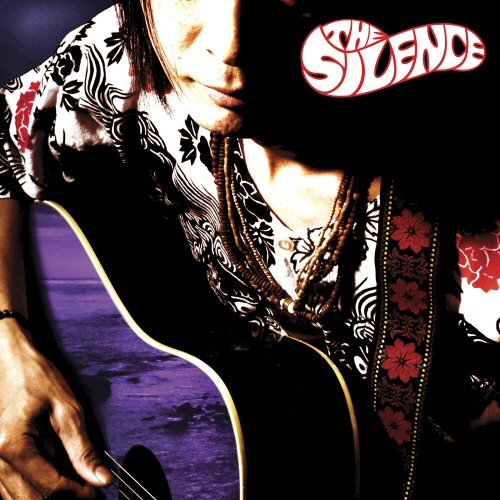
Silence
The Silence
Release Date: Mar 24, 2015
Genre(s): Pop/Rock, Alternative/Indie Rock, Indie Rock, Neo-Psychedelia, Guitar Virtuoso, Japanese Rock
Record label: Drag City
Music Critic Score
How the Music Critic Score works
Buy The Silence from Amazon
Album Review: The Silence by Silence
Great, Based on 4 Critics
Based on rating 4/5
The Silence opens with a song that Ghost were playing more than 10 years ago; not just here by vocalist and guitarist Masaki Batoh, but also by former Ghost members Kazuo Ogino, whose keyboards are crucial to The Silence’s sound, and drummer Futoshi Okano. Unsurprisingly, many of the traits of Ghost are here, from the deft balance between electric and often unconventional acoustic instrumentation (Bulgarian Tambura, for example) to the creatively rearranged cover songs that have featured on every Ghost album. And anything not originating in Ghost probably emerged over the course of Batoh’s solo career, as most of the songs on The Silence were originally written for a Batoh solo record.
Based on rating 7.5/10
Ghost was always more than just a Japanese band whose existence made a certain Swedish metal act change their name to Ghost B.C. in the U.S. Core member Masaki Batoh wasn’t the first to embrace mind-melting psych rock and delicate, whispered folk at the same time, but Ghost's string of albums over the years elevated that fusion into something close to a new aesthetic, rooted not in country, place or time but a conceptual space for experimentation, something their legendary live shows worldwide underscored.
Based on rating 7/10
Ghost's founder Masaki Batoh disbanded the group in the spring of 2014 after a seven-year hiatus, but wasted no time forming the Silence a few months later. The band comprises former bandmates Okano Futoshi (also late of Acid Mothers Temple) on drums, and Kazuo Ogino on keyboards. The latter (who arranged and produced this recording) then recruited bassist Jan Stigter and flutist and saxophonist Ryuichi Yoshida.
Opinion: Very Good
The Silence—The Silence (Drag City)The second song on Masaki Batoh’s inaugural album as The Silence takes as inspiration from an essay by the poet Heinrich Heine, which posits the disappearance of classical gods into rural byways where they can hide their divine nature from a hostile world. “Gotter Im Exile” finds deities in shepherds, soldiers and, in one memorable passage, friars who make anannual trip to an island where they are revealed as Bacchus and Pan in full hedonist swing. In the same way, Batoh hides gods, demons and phantasmagorical surrealism in the most rustic of settings.
'The Silence'
is available now

